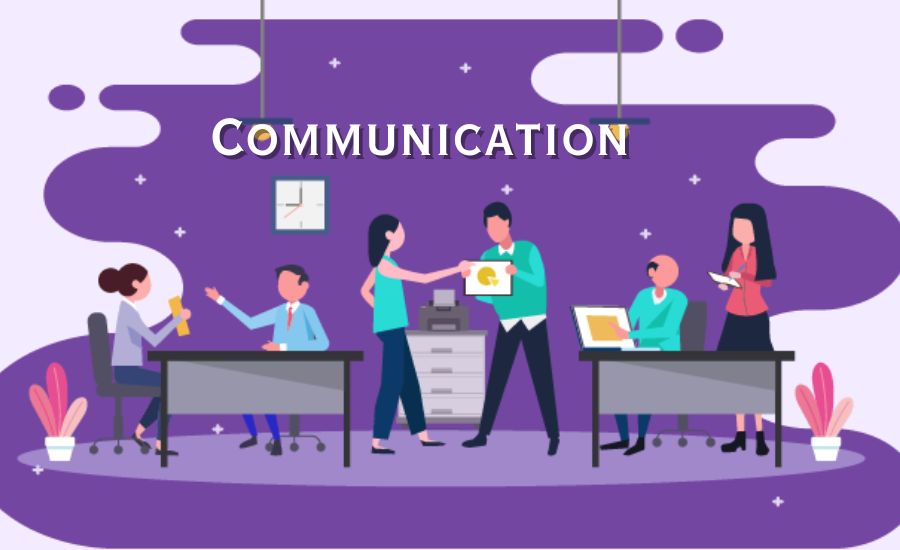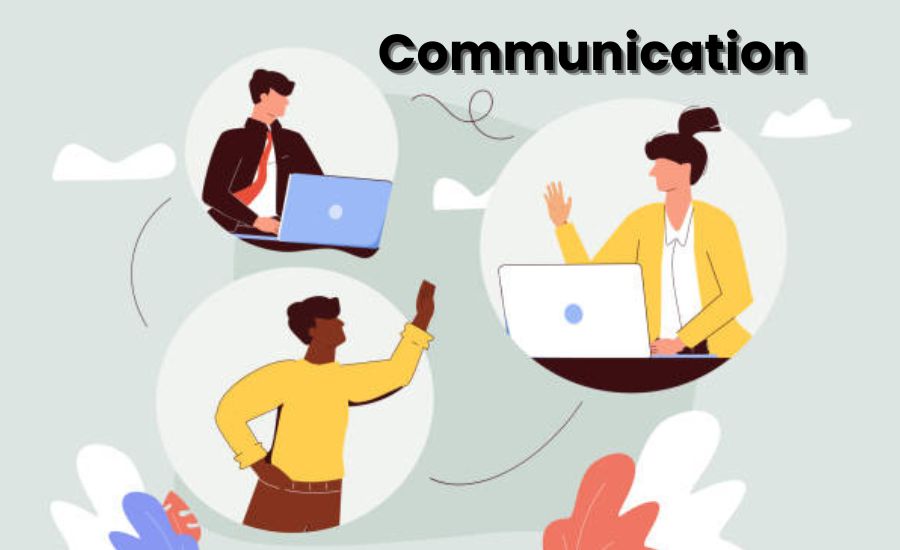The Power of Communication: Exploring the World of Heroes in Translation
In today’s interconnected world, communication is more important than ever. Whether through spoken word, writing, or visual media, effective communication is the foundation of understanding between different cultures, languages, and societies. At the forefront of this endeavor are translators—true heroes of communication who break down language barriers and make the world a smaller, more connected place. Heroes of Communication as highlighted in переводчитк-heroes-of-communication, help bridge these cultural gaps, ensuring that ideas, knowledge, and stories flow seamlessly across borders.
This article will explore the significance of translators in a globalized world, the challenges they face, and how technology is revolutionizing the field. We’ll also discuss why translators are essential not only for individuals but for businesses, international organizations, and even governments.
The Role of Translators: More Than Just Words
Translators do more than simply change words from one language to another. Their work often involves interpreting the nuances, idioms, and cultural contexts that give language its unique flavor. This makes their job far more complex than it might initially seem. For example, translating a legal document requires a deep understanding of both legal systems involved. Similarly, translating a poem requires a grasp of literary aesthetics and cultural significance that go beyond literal word-for-word translation.
Translation is an art and a science, one that requires not only technical skill but also a profound understanding of both source and target cultures. Heroes of Communication, like those featured on the переводчитк-heroes-of-communication platform, exemplify this skill. They are true masters of language, bridging divides and making it possible for people to communicate regardless of their native tongue.
Challenges in Translation: Bridging More Than Just Languages

One of the biggest challenges translators face is preserving the meaning and intent behind the original text. It’s not enough to translate words; translators must also consider tone, context, and cultural sensitivities. For example, a joke that is funny in one language might be completely lost in translation if the humor relies on wordplay or cultural references. Similarly, certain idiomatic expressions may not have direct equivalents in another language, requiring the translator to find creative ways to convey the same idea.
Translators are also often expected to work under tight deadlines, especially when translating for businesses or news outlets. In some cases, translators must work in real-time, such as when providing simultaneous interpretation for international conferences or live events. This adds another layer of complexity to the task, as there is little time for reflection or revision.
Despite these challenges, professional translators continue to excel, making it possible for people from different linguistic backgrounds to communicate effectively. The Heroes of Communication embody the perseverance and expertise needed to excel in this demanding field.
Translation in Business: Unlocking Global Markets
In today’s global economy, businesses must be able to communicate with partners, clients, and customers around the world. Whether it’s marketing materials, user manuals, or customer support, companies that fail to provide information in multiple languages risk alienating potential markets. This is where translators come in, enabling businesses to expand their reach and tap into new markets.
Translation is essential not only for customer communication but also for legal and regulatory compliance. Many countries require product labels, contracts, and other documents to be provided in the local language, making translation a critical component of international business operations.
For businesses, translation is about more than just language; it’s about building trust. A well-translated document demonstrates that a company respects and understands its audience, making it more likely to succeed in foreign markets. This is why professional translation services, such as those offered by platforms like Streamest, are essential for any business looking to grow internationally.
The Evolution of Translation: From Human to Machine
While human translators have long been the backbone of the translation industry, advances in technology are beginning to reshape the field. Machine translation tools, such as Google Translate, have become increasingly sophisticated, offering real-time translation for a wide variety of languages, while alternatives to Google Translate provide additional options tailored to specific needs and preferences. These tools use artificial intelligence (AI) to analyze patterns in language and produce translations that are often surprisingly accurate.
However, machine translation is far from perfect. While it can handle basic text, it often struggles with more complex language, such as idioms, metaphors, or cultural references. For this reason, human translators remain indispensable, especially for more nuanced or specialized tasks.
That said, technology is transforming how translators work. Many professionals now use computer-assisted translation (CAT) tools, which allow them to work more efficiently by providing suggestions based on previously translated text. These tools can significantly speed up the translation process while ensuring consistency and accuracy.
The future of translation will likely involve a combination of human expertise and machine assistance, with translators using technology to enhance their work while still relying on their own skills and knowledge to tackle the more challenging aspects of the job.
The Importance of Quality Translation for Global Success

In a world where communication is key, the value of high-quality translation cannot be overstated. Poor translation can lead to misunderstandings, damage reputations, and even result in legal or financial consequences. This is why it’s essential to work with professional translators who have the expertise and experience needed to provide accurate and reliable translations.
For businesses, investing in quality translation services can be the difference between success and failure in global markets. Customers are more likely to trust a company that provides clear, well-written information in their native language. Similarly, governments and international organizations rely on accurate translation to ensure effective communication and avoid misunderstandings.
The Heroes of Communication, such as those featured on the переводчитк-heroes-of-communication platform, are essential for ensuring that communication across languages and cultures is as smooth and accurate as possible.
Conclusion: Celebrating the Unsung Heroes of Communication
Translators are the unsung heroes of the modern world, quietly working behind the scenes to ensure that people can communicate and understand each other, no matter where they come from or what language they speak. Whether working in literature, business, or diplomacy, translators play a crucial role in shaping the world we live in.
As globalization continues to bring people closer together, the demand for skilled translators will only grow. These Heroes of Communication will remain indispensable, helping to break down language barriers and build a more connected and understanding world.
By recognizing and celebrating their contributions, we can appreciate the importance of communication and the vital role translators play in our lives. To learn more about the heroes behind the scenes, visit Streamest for insights and stories from the world of translation.
Explore More: Understanding-ingingilizce-turkce-ceviri





Post Comment